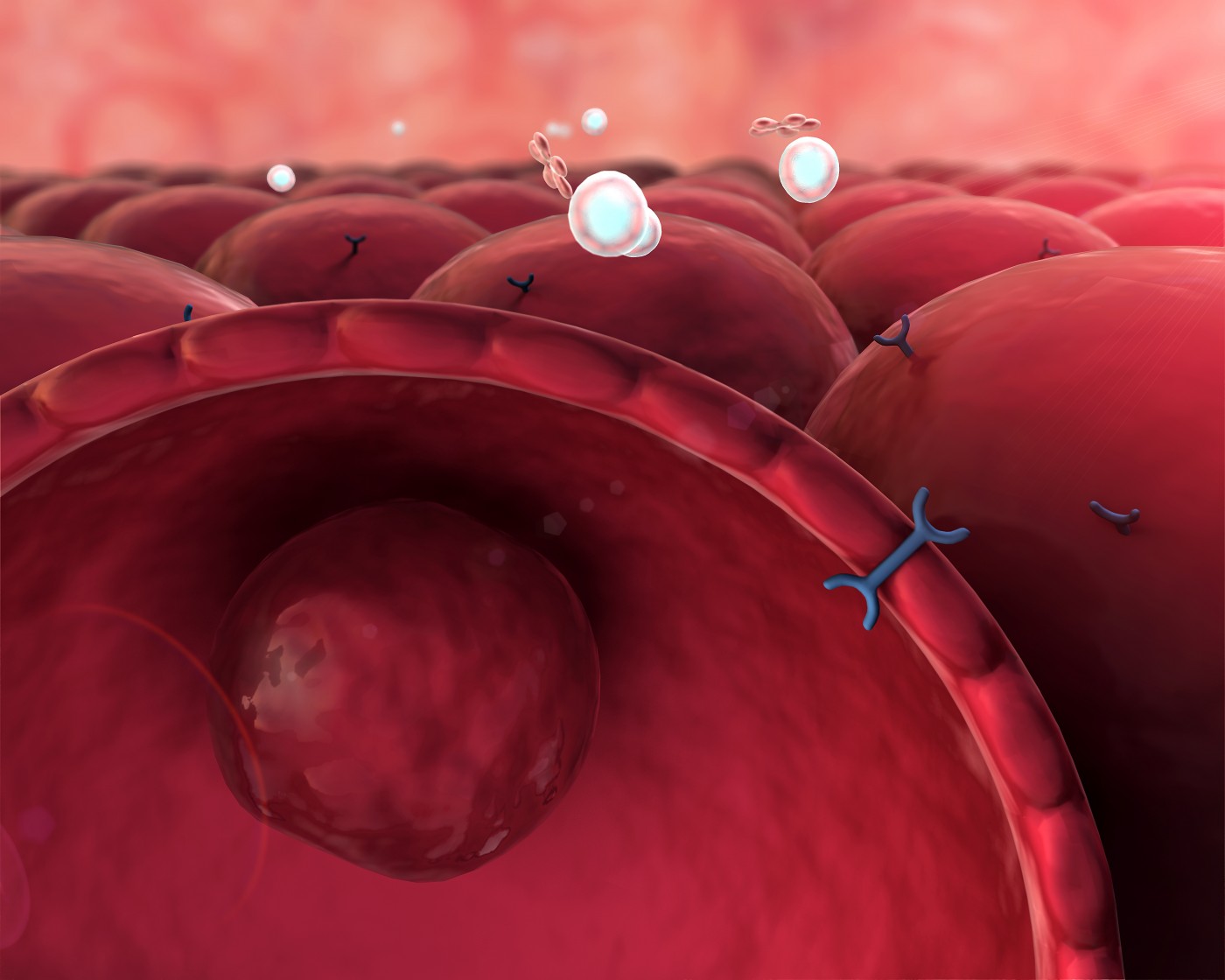 Women have all the more reason to eat a healthy diet and to exercise regularly in order to maintain normal weight and insulin levels. A study from Imperial College London School of Public Health in England found that unhealthy insulin levels predict breast cancer risk better than unhealthy weight.
Women have all the more reason to eat a healthy diet and to exercise regularly in order to maintain normal weight and insulin levels. A study from Imperial College London School of Public Health in England found that unhealthy insulin levels predict breast cancer risk better than unhealthy weight.
“It is metabolic health, and not overweight per se, that is associated with increased risk of breast cancer in postmenopausal women,” said Dr. Marc Gunter, co-author of “Breast Cancer Risk in Metabolically Healthy but Overweight Postmenopausal Women,” published in Cancer Research.
Although high insulin levels and high weight are commonly associated, not all overweight women have high insulin levels, in fact, some normal-weight women have high insulin levels. Dr. Gunter was interested in how these attributes could relate to breast cancer risk, since earlier work in his laboratory identified an increased risk of breast cancer in postmenopausal women with high insulin levels.
The novelty of this research relies on the increased risk of breast cancer in normal-weight women with high insulin levels. Dr. Gunter found records for over 3,300 women without diabetes and noticed that 497 developed breast cancer over a time frame of eight years. Comparing information concerning weight, fasting insulin levels, and insulin resistance, he made an association between insulin and breast cancer, but not weight.
“The women who are overweight but who do not have metabolic abnormalities [as assessed by insulin resistance] are not at increased risk of breast cancer compared to [normal-weight] women,” said Dr. Gunter. “On the other hand, normal-weight women with metabolic abnormalities were at approximately the same elevated risk of breast cancer as overweight women with metabolic abnormalities.”
[adrotate group=”3″]
Although these findings are new, they are not all surprising. “Fat is not inert,” said Dr. Courtney Vito, an associate clinical professor of surgical oncology at City of Hope Cancer Center. “It is a metabolically active organ and we’ve known this from many other studies.” She stated that additional research must be conducted before coming to conclusions surrounding insulin, fat, and breast cancer.
Future studies are necessary to investigate four different groups of women: those who are overweight with or without high insulin levels and those who are normal weight with or without high insulin levels. Additionally, Dr. Gunter would like to explain why insulin causes cancer cells to grow and why some other hormones related to insulin, which are present at high levels in overweight women, may also contribute to breast cancer.

